Last Updated on January 31, 2025 by Cathy
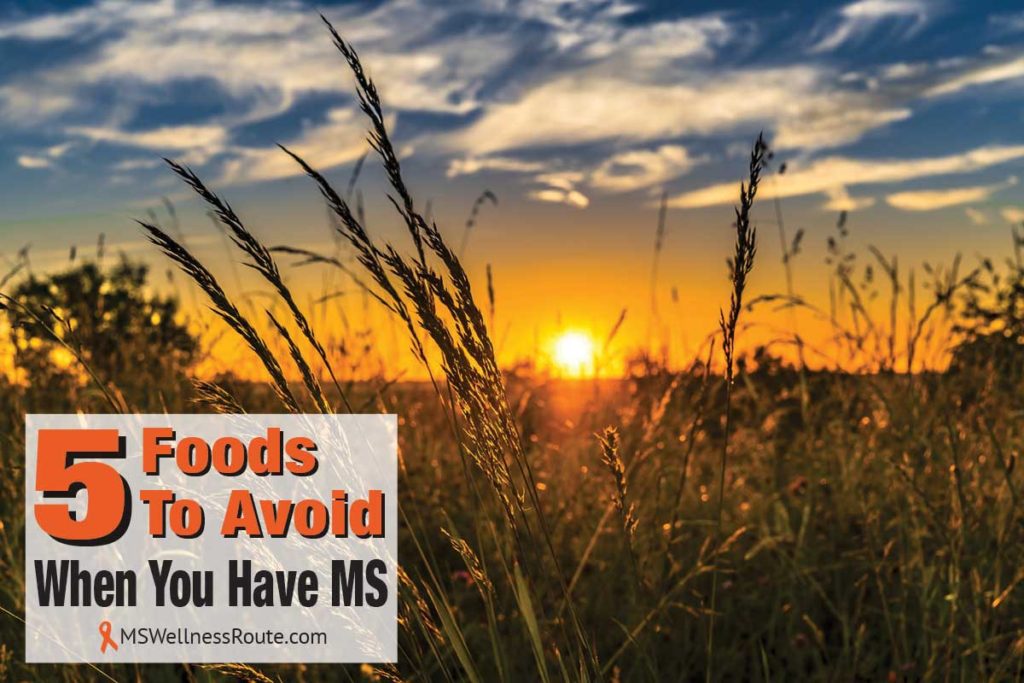
When you have multiple sclerosis (MS), what you eat matters. Eating an anti-inflammatory can slow progression and prevent flare-ups. It could even stop the progression. When I first started using food as my medicine, my neurologist told me “Diet doesn’t work.” That was a long time ago. Today I believe more neurologists are on board that diet does make a difference for people with MS.
“Clinical trials suggest the importance of various dietary factors in MS.” – PubMed
When first diagnosed you may end up on one of the disease-modifying therapy (DMT). Unfortunately, neurologists don’t usually talk about the importance of diet. Eating a healthy diet should be the first thing doctors mention.
Conventional therapies for MS are based on the use of anti-inflammatory and immunomodulatory drugs, but these treatments are not able to stop the destruction of nerve tissue.” – PubMed
If it was for heart disease, type 2 diabetes, or stroke they wouldn’t hesitate to mention diet. MS risk is strongly associated with environmental factors including eating a poor diet.
“Nutrition intervention studies suggest that diet may be considered as a complementary treatment to control the progression of the disease” – PubMed
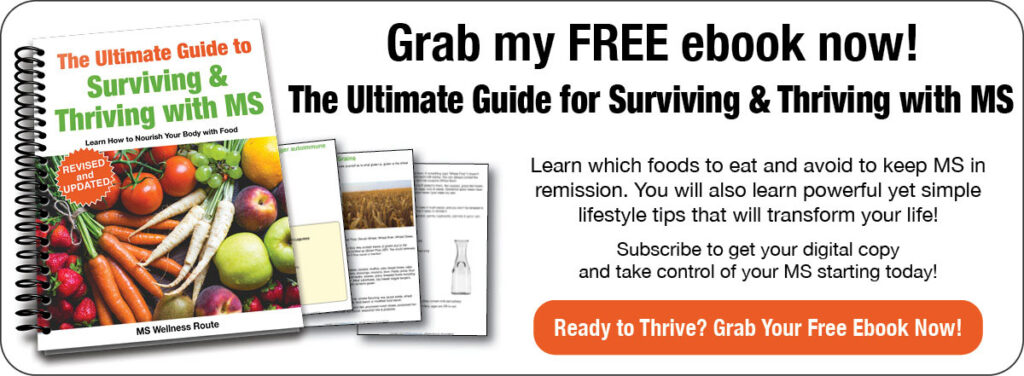
What is MS
MS is an autoimmune disease, it’s also considered a degenerative disease. Meaning the body is unable to distinguish between a foreign invader and the body’s own tissue. Over time the disease progresses causeing symptoms to worsen over time.
This is why it is crucial for you to start eating and living a healthy lifestyle to stop the progression.
“A ‘healthy’ consumption of fruit and vegetables and dietary fat predicted better quality of life and less likelihood of higher disability when compared to respondents with a ‘poor’ diet.” – PubMed
Every bite of food you take will either help fight disease or feed it. No one can force you to make healthy dietary choices, it is up to you. Your body is already under attack due to MS. Removing foods that create inflammation will slow the progression.
5 Foods to Avoid When You Have MS
#1 – Guten
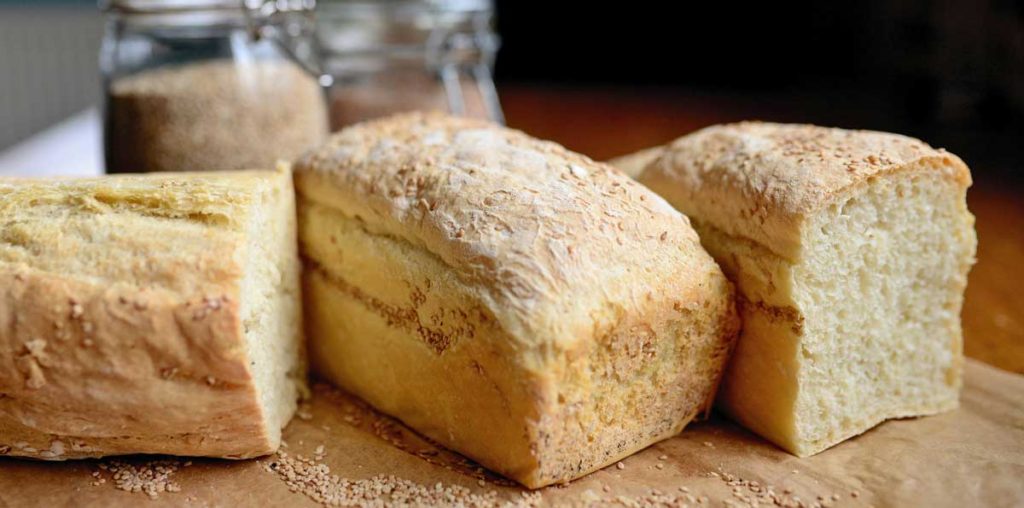
Gluten is in many products, from food to cosmetics. It’s the glue that holds things together and helps give foods to maintain their shape. Unfortunately, gluten opens the tight junctions in the gut lining, known as leaky gut.
This allows small food particles and toxins to pass though the gut lining and into the bloodstream. With your immune system already on high alert, it increases chronic inflammation. As inflammation increases, it also increases your odds of another autoimmune disease. People with one autoimmune disease are at a higher risk for another disease.
#2 – Dairy
Dairy is highly inflammatory, people with MS should avoid dairy. Drinking cow’s milk can increase the risk of autoimmune diseases. Such as MS, rheumatoid arthritis, and type 1 diabetes.
Many people are unable to properly digest dairy. The reason is due to two components of dairy which are casein and lactose. Conventionally raised cows receive antibiotics and growth hormones. Plus, the cows eat GMO grains and soy which passes on to you. Dairy consumption can lead to an increased risk for many health issues.
Dairy can cause:
- Acne
- Allergies
- Bloating
- Cancer
- Constipation
- Diarrhea
- Eczema
- Fractures
- Gas
- Irritable bowel syndrome
“Women who consumed whole milk 3 or more times per day had a 47% increased risk of developing MS compared to those who consumed one serving per day.” – PubMed
Also, avoid whey, whey is a dairy product. Because whey is from milk it also contains lactose. It’s used as a food additive in many products. Including baked goods, instant drinks, sausage products, and spice blends.
For milk alternatives use coconut milk, flax milk, hemp milk, or nut milk. Stick with unsweetened varieties to avoid added sugars. It is up to you to decide which is best.
#3 – Legumes
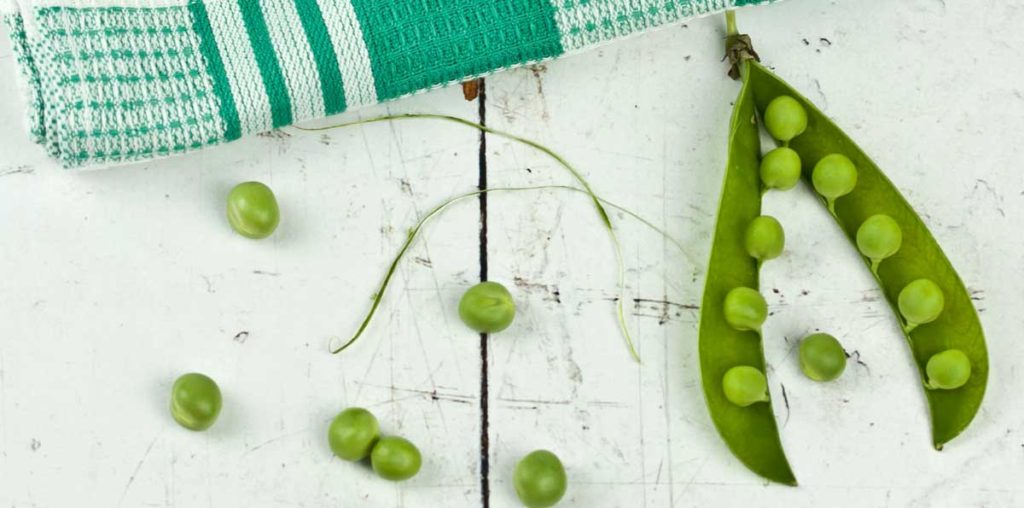
Legumes include beans, chickpeas (also known as garbanzo beans), lentils, peanuts, and soy. Although these are all healthy foods, they may cause a problem. In the U.S., soy is genetically engineered to withstand weedkillers like Roundup so it’s best to avoid it.
Some MS diets say to avoid peanuts because they are a legume, other MS diets say to avoid them because they are high in saturated fats. The Wahls Protocol avoids peanuts but the Mediterranean diet, a diet where people live the longest, allows peanuts. So are peanuts healthy or not? I guess it depends on who you ask. Since most MS diets say to avoid eating peanuts I personally chose to not eat them.
Beans, chickpeas, and lentils are healthy however, some MS diets avoid these. The Paleo diet used to avoid these but now allows them if they are soaked first. The Mediterranean diet allows them. They are healthy but, they aren’t health-supporting foods either. After eating them some people feel bloated or have gut pains. It’s best to eat beans, chickpeas, and lentils only occasionally. Before eating them soak them overnight in water making them easier to digest.
When I first started the Paleo diet many years ago it was suggested to avoid green beans and peas. However, today they are allowed. Green beans and peas are perfectly fine to eat.
#4 – Sugar
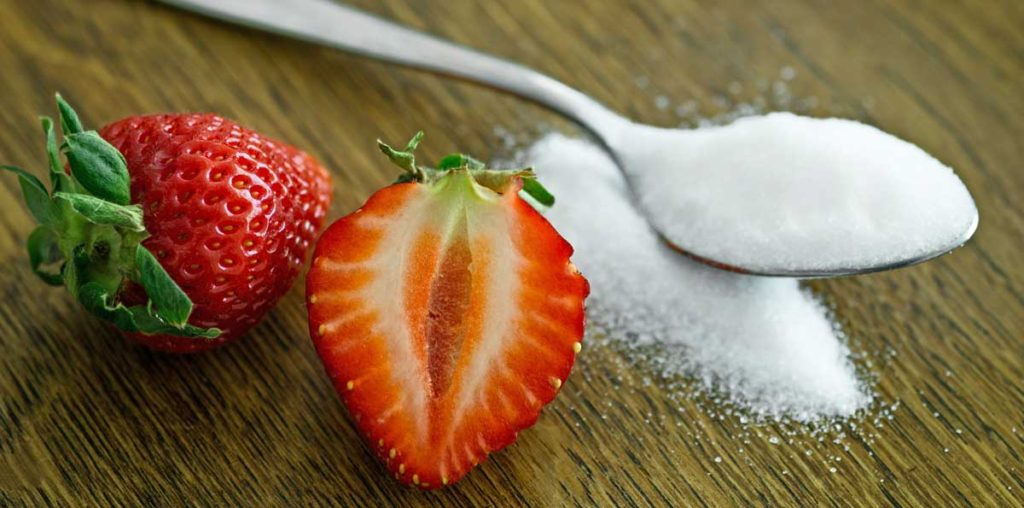
Any sugar you eat, whether it’s high fructose corn syrup or organic coconut sugar your body sees it the same. Sugar leads to bacterial dysbiosis, digestive issues, and inflammation, and raises blood sugar levels. Eating too much sugar is bad for our waistlines, gut health, or heart health. It also sugar also impacts the brain.
Sugar is highly addictive, it releases opioids and dopamine making you crave more. Unfortunately, co-infections like mycotoxins, parasites, and yeast overgrowth also crave sugar. Sugar allows them to continue to grow and wreak havoc throughout your body.
It’s very important to remove all refined sugars, they have no nutritional value. Also, cut back on natural sugars like fruit, maple syrup, and raw honey to keep your blood sugar level.
How sugar impacts the brain:
- Anxiety
- Brain fog
- Depression
- Difficulty concentrating
- Energy imbalances
- Jitters
Instead of reaching for something sweet, try drinking herbal teas. There are many different flavors to choose from. I like drinking Lemon Ginger, Detox Tea, and any other healing herbal tea.
#5 – Grains
Non-gluten grains often contain gluten due to cross-contamination. For people with an autoimmune disease, grains can be difficult to digest. They are high in carbohydrates which can raise blood sugar levels.
Corn is a grain and is the most commonly grown crop in the U.S., the majority goes to feeding livestock. Almost all the corn grown in the U.S. is a GMO grain along with soy. Unfortunately, food manufacturers aren’t required to label their products as GMO.
Non-gluten grains include:
- Arrowroot
- Buckwheat
- Corn
- Millet
- Rice
- Soy
- Quinoa
You don’t need to avoid grains forever. After you’ve healed your leaky gut try reintroducing them back into your diet one at a time. Make sure the grains are “certified gluten-free” and “non-GMO.” If you don’t have a problem you can continue to eat them. – Avoid gluten forever.
Quick Links To Information In This Post:
How To Go Gluten Free
How To Go Dairy Free
Paleo Flour Substitutes
5 Foods to Avoid When You Have MS
MS is a chronic inflammatory demyelinating disease of the central nervous system. The keyword is inflammatory. Starting an anti-inflammatory diet can be hard especially if you’re used to eating the standard American diet (SAD). It requires you to stop eating many of your favorite foods.
Not only avoiding foods that increase inflammation but also foods that your body sees as a threat. That includes healthy foods like spinach, tomatoes, and even leftovers. When you have MS there’s a really good chance you also have a hidden infection like Lyme disease, mycotoxins, parasites, or yeast overgrowth.
Depending on what you are dealing with you need to remove foods that can make your symptoms worse. For example, I have mycotoxins, yeast overgrowth, and sensitivity to histamines. On top of the many foods, I’m sensitive to.
It can feel overwhelming at times but feeling better is worth it.

Free Wellness Library!
Subscribe for free and I’ll send you the password to my secret library filled with many printables for your wellness journey.
Want to remember this health tip? Pin it to your favorite Pinterest board!
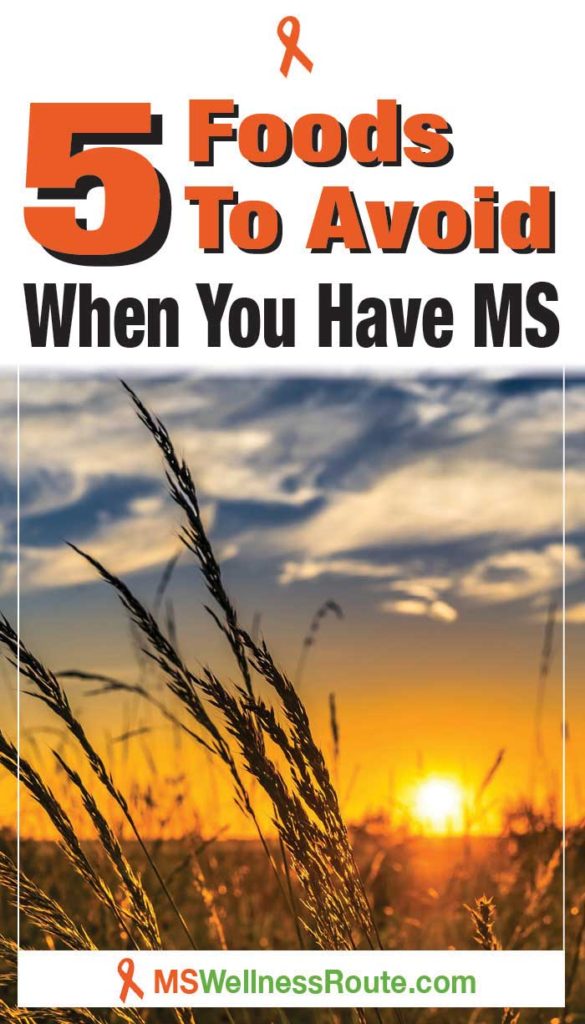
Resources:
https://www.ncbi.nlm.nih.gov/pmc/articles/PMC6132382/
https://www.ncbi.nlm.nih.gov/pmc/articles/PMC5241505/
https://www.ncbi.nlm.nih.gov/pmc/articles/PMC6132382/
https://www.bmj.com/content/368/bmj.m34
Images by FelixMittermeier and congerdesign from Pixabay, R Khalil and mali maeder from Pexels.
5 Foods to Avoid When You Have MS





